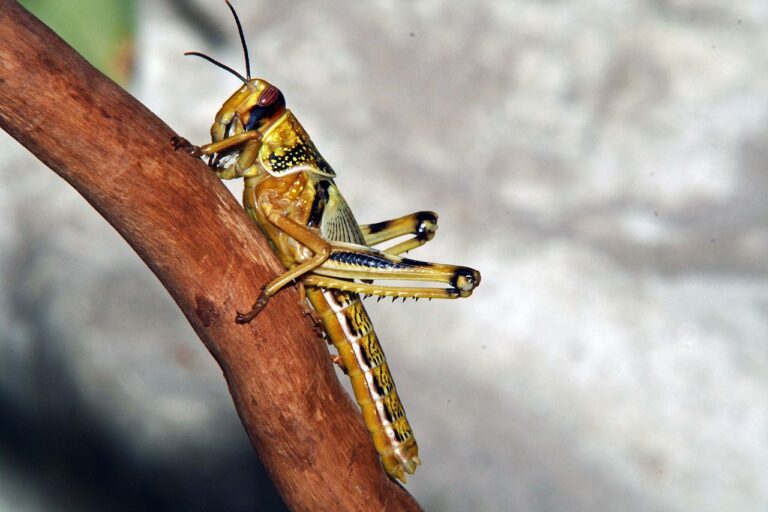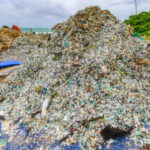Locust outbreaks, which cause considerable crop losses, affect a quarter of the world’s population today. In a recent paper, scientists predict the situation will worsen with climate change, and they suggest a way forward by integrating local communities’ knowledge. Locusts are species of short-horned grasshoppers of the family Acrididae, which, under certain environmental conditions, can go from being solitary to members of massive, moving swarms. These swarms can travel large distances, destroying crops along the way. For instance, the paper’s authors describe desert locusts (Schistocerca gregaria) as among “the most destructive migratory pests in the world,” with a single swarm of tens of millions moving across 1,200 square kilometers (463 square miles). The 2020 desert locust outbreak in eastern Africa threatened more than 20 million people with the risk of acute food insecurity. Climate change is expected to make locust outbreaks worse, the authors write, citing studies that show how tropical cyclones, extreme rainfall and its resulting warm and moist soil have triggered several recent desert locust outbreaks. “Yet, it remains underprioritized in [the] climate space,” they say. Early detection is key in responding to locust outbreaks and reducing losses. However, regions like eastern Africa face challenges in early detection due to remoteness, inaccessibility and conflict, the authors add. The U.N. Food and Agriculture Organization (FAO) has a 24/7 surveillance system on locust invasions and breeding locations that uses satellite imagery, locust, weather and ecological data from affected areas. But the authors write that verifying data through ground measurements and…This article was originally published on Mongabay
Search
Recent Research
Want your Blog Article featured on our website?
Research
Featured News
How to Make Your Home More Energy-Efficient in 2026
A practical, future-ready guide for lower bills and a smaller footprint Rising energy prices and
Sustainable Break Rooms: Greening the Office Pantry
Photo by Rodeo Project Management Software on Unsplash A break room may seem like a
Solar-powered AI streetlights to fund coastal highway construction
Nigeria’s long delayed Lagos-Calabar Coastal Highway is set to be rescued by thousands of AI-driven,
Big Data Analytics Enhances Renewable Energy sector
The sun doesn’t send bills, but energy companies using renewable energy do. And to keep
From COP30 to Sri Lanka, indigenous voices shape climate & food sovereignty
COLOMBO — When Indigenous groups converged at the entrance of the U.N. Climate Change Conference
Another threat to reefs: Microplastic chemicals may harm coral reproduction
As the sliver of a new moon shines over Kāneʻohe Bay, Oʻahu, millions of tiny
A Practical Guide to Choosing the Right Organizer Bins Online
Choosing organizer bins sounds simple — until you start comparing sizes, materials, and specs online.
How Lagos traders struggle as styrofoam gradually disappears in markets
Traders have continued to count their losses about five months after the Lagos State Government





